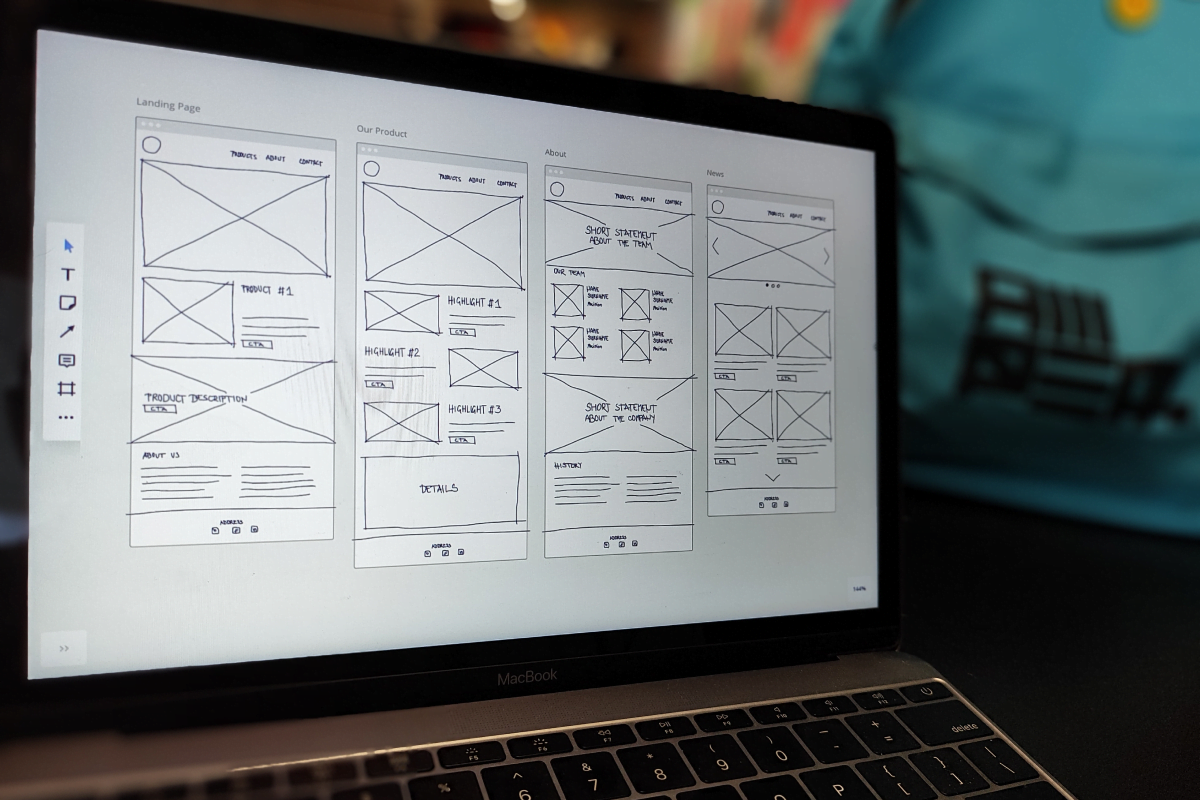Search engines incorporate a multitude of factors to determine where to rank a website based on search queries.
And to be honest, it can get quite complicated and sometimes even confusing, especially after frequent updates to the search algorithm.
Unlike other metrics such as the performance of a website or an accessibility score, there’s no way to accurately determine how well your website is optimized for specific search queries.
But what we do know with a high level of certainty are the various web design factors that can influence how well your website ranks on search engines.
So today, we’ll go into more detail on 4 web design factors that can affect your website’s search engine ranking.
Let’s get started!
Mobile Friendly
Smartphone web traffic continues to dominate and gain popularity compared to other devices such as desktop PC.
And with popular search engines crawling websites from a smartphone perspective, this makes it essential that you incorporate a mobile first web design.
A mobile friendly website means pages load reasonably quickly on a phone with an average cellular connection and display correctly. Text and other elements that are pushed out of view or display incorrectly can negatively affect your search engine ranking.
Responsive websites also offer several advantages, including increased accessibility to a wider audience and enhanced sustainability for your website. Another major advantage of responsive design is a faster loading time, an extremely important ranking metric. Since mobile devices often have slower and less stable connections compared to wired desktops, improving your website’s loading time becomes crucial for enhancing its ranking.

Site Architecture & Navigation
The structure of your website across various pages is extremely important when it comes to ranking.
How you choose to separate the contents of your website across each page should be a consideration made early in the website design process. Thinking about whether a separate page is necessary can be the difference between ranking for a specific product/service or not.
Say you are a business offering residential and commercial renovation services. Opting to detail both services on a single page or two separate pages is something you must consider.
In this case, opting for two separate pages is the correct choice as each page displays information that is only relevant to that specific service and reduces confusion among users and search engines. Adding uncertainty in a search engine’s eyes could make your website’s ranking fall.
It’s best to organize your website’s content into categories and subcategories with clear a navigation and internal linking.
Think of your website’s navigation as the table of contents, helping users understand the structure of the site and a quick way to showcase what your business has to offer.
An optimized flow and structure of your website can help search engine crawlers better understand the content of the website and rank you accordingly.
User Experience (UX)
Similar to how a website visitor can appreciate good user experience, search engines also consider this a ranking factor.
Compared to several years ago, search engines have increasingly become more user-centric, using machine learning and other methods to better understand how engaged people are with each page. A vast improvement from a time where only keywords mattered when it came to ranking.
Websites that are easy to navigate and visually appealing encourage visitors to stay on your website for longer. This leads to a lower bounce rate and higher click-through rate, indirectly affecting your search engine ranking in a positive way.
A strategy you can use to better understand and implement good user experience is designing with empathy. Considering multiple perspectives when designing a website can help you incorporate important factors of user experience such as ease of use and captivating content.

On-Page Optimizations
Similar to the architecture and navigation for websites, on-page optimizations create a structure for individual pages within a website.
When planning the content for a page, consider breaking down your content into a hierarchy. Here’s a breakdown of a few technical SEO properties to consider:
- Title: Search engines look at the title of the page to determine what type of content to expect.
- URL: Similar to the title of the page, the URL structure can give important clues to search engines on the overall theme of the page.
- Headings (H1, H2, H3, etc): Classifying headings as primary, secondary, tertiary, etc can help crawlers understand the primary focus of your writing.
- Schema Markup: This helps provide context and relationships between different pieces of information on the page. Examples include reviews, products and more.
Conclusion
The web design factors listed above can make a huge impact on how well your website ranks on search engines.
Zooming out and looking at the bigger picture ranking, I like to think of web design related optimizations as one of the three important pillars of SEO. The other two include article/content writing and authoritative backlinks. A comprehensive strategy including all three pillars will help bring your website to the top of search pages for keywords related to your business.
Although backlinks & article writing is an ongoing and time consuming process, web design strategies including the ones in this article are typically only done once and require less effort to produce results.
Luckily for us, there are tools from some of the leading search engine marketing platforms like Semrush that can help identify the various web design changes and additions you can make to improve your search engine ranking.



